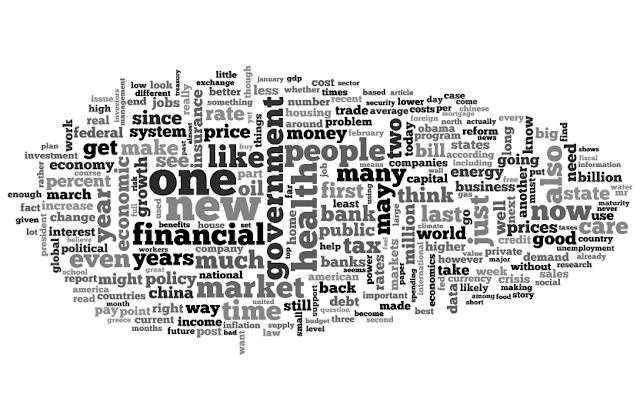Cognitive versus neuro models
This article (from Jonah Lerner at Science Blogs, via Farnam Street ) looks quite important at first: A recent study led by Brian Knutson of Stanford, Drazen Prelec of MIT and George Loewenstein at Carnegie Mellon [ LC: a good start - I met Prelec at a seminar last year, very smart guy - and Loewenstein wrote my favourite behavioural economics book ] ...when subjects were shown pictures of an object they wanted...brain areas associated with anticipated rewards, such as the nucleus accumbens, exhibited a spike in activity... When the experimental subjects were exposed to the cost of the product, their insula and prefrontal cortex were activated. The insula secretes aversive feelings, and is triggered by things like nicotine withdrawal and pictures of people in pain. In general, we try to avoid anything that makes our insula excited. Apparently, this includes spending money... ...this data directly contradicts the rational models of microeconomics. Consumers... don't... perform an ...





